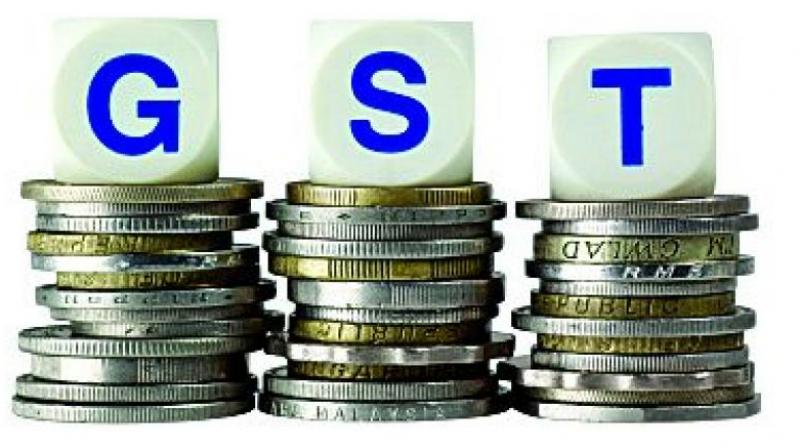Post-GST, illegal transit increases

Khammam: The closure of commercial tax check-posts on state borders following the GST regime is being exploited by some unscrupulous traders who are resorting to ‘zero business’ claims and evading taxes. The government had announced that mobile inspection teams would be deployed in the absence of check-posts but that proposal is yet to be implemented.
The closed check-posts have now become centres for illegal transportation of goods and tax evasion. The surprise inspections carried out by commercial taxes department on December 7 last year revealed how traders were exploiting closed check-posts for illegal transportation and evasion of taxes. It was found that the lorries were transporting oil, granite, chips and iron without valid bills. A total penalty of Rs 12 lakh was imposed on 11 lorries.
About 60 per cent of the granite traders are moving the products without paying GST. About nine such lorries were found at the closed check posts. Police and government official said that if just one day of surprise checking and raiding can reveal such huge irregularities, the amount of illegal transportation that has been done since July 1, 2017 when GST came into force and check-posts were closed, would be phenomenal.
While the government still states that any illegal dealings during the GST regime will be exposed either in production or distribution or sales, the surprise raids proved otherwise.
Various products are being transported and sold without GST. Products like iron, oil, stone chips and provisions are being transported from Andhra Pradesh to Telangana state. On the other hand, granite is being exported to Andhra Pradesh from Telangana state. The modus operandi is like this. The traders appoint middlemen who provide information about checking of vehicles. These middlemen convince the officials who are on checking duty to clear the goods.
These products move from one commercial tax circle to another and one state to another without paying any GST. Worse, they are being further sold in the market after charging GST from the customer but not depositing it in the Government’s bank account. Some of the companies are also selling its products to the traders without paying GST. In such instances, the producer and distributor are sharing the GST evasion profit.

